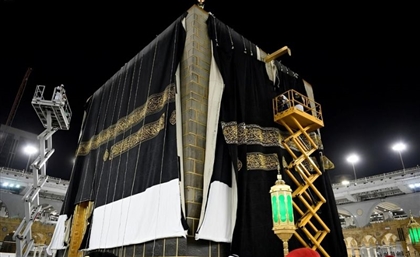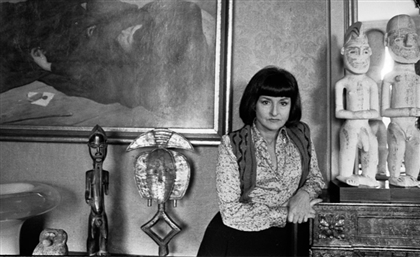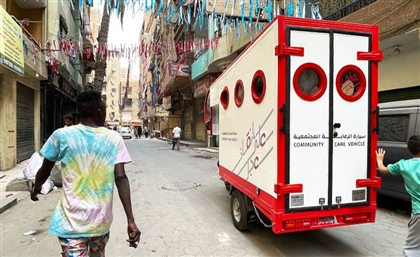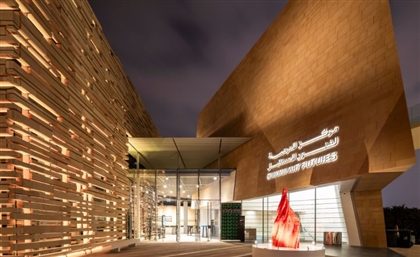Women Take Part in Changing of Kaaba Kiswa for First Time
Women’s representation in the Saudi workforce has grown steeply in recent years, increasing from 19% to 36% since 2016.

For the first time, women have taken part in the annual changing of the Kiswa that covers the Kaaba, after also being involved in the manufacture of the vast silk cloth inlaid with gold and silver.
The new Kiswa was installed at the Holy Kaaba in Makkah in honour of the first day of the Islamic new year (1 Muharram, 1446h). The installation was carried out by a team from the King Abdulaziz Complex for the Kiswa of the Kaaba, which was made up of 159 skilled craftsmen who operated under the close supervision of specially-trained engineers and technicians.
A complicated process, the team first removed the 53 gold-embroidered pieces of the Kaaba’s old Kiswa while the replacements were being brought to the Grand Mosque from the complex. At the complex, another 159 skilled craftsmen worked to produce the new gold-embroidered pieces. This was done by hand, taking between 60 and 120 days to complete each piece.
In total, 120 kilograms of gold, 100 kilograms of silver and 1,000 kilograms of silk were used to make the Kiswa. It weighs 1350 kilograms altogether and measures in at 14 metres high.
Three weeks before Hajj pilgrimage, the lowest part of the previous Kiswa was raised to stop it getting damaged or soiled as pilgrims circumambulate the Kaaba. The Kiswa used to be changed during the Hajj season, but a royal decree issued last year dictated that the Kiswa be changed on Muharram from now on instead.
The inclusion of women in the general Saudi workforce has been increasing sharply in recent years; the percentage of women from the total human capital in the Kingdom stood at 36%, up from 19% in 2016. Women’s inclusion in works within Makkah’s Grand Mosque represent a significant step forward in that process, with the country’s target of 30% female representation by 2030 having already been surpassed.
- Previous Article Italian-Palestinian Duo No Input Debuts Eponymous Electro EP
- Next Article Travel Across History on Egypt's Most Iconic Bridges



























